What Are The Benefits Of Off-Page SEO?
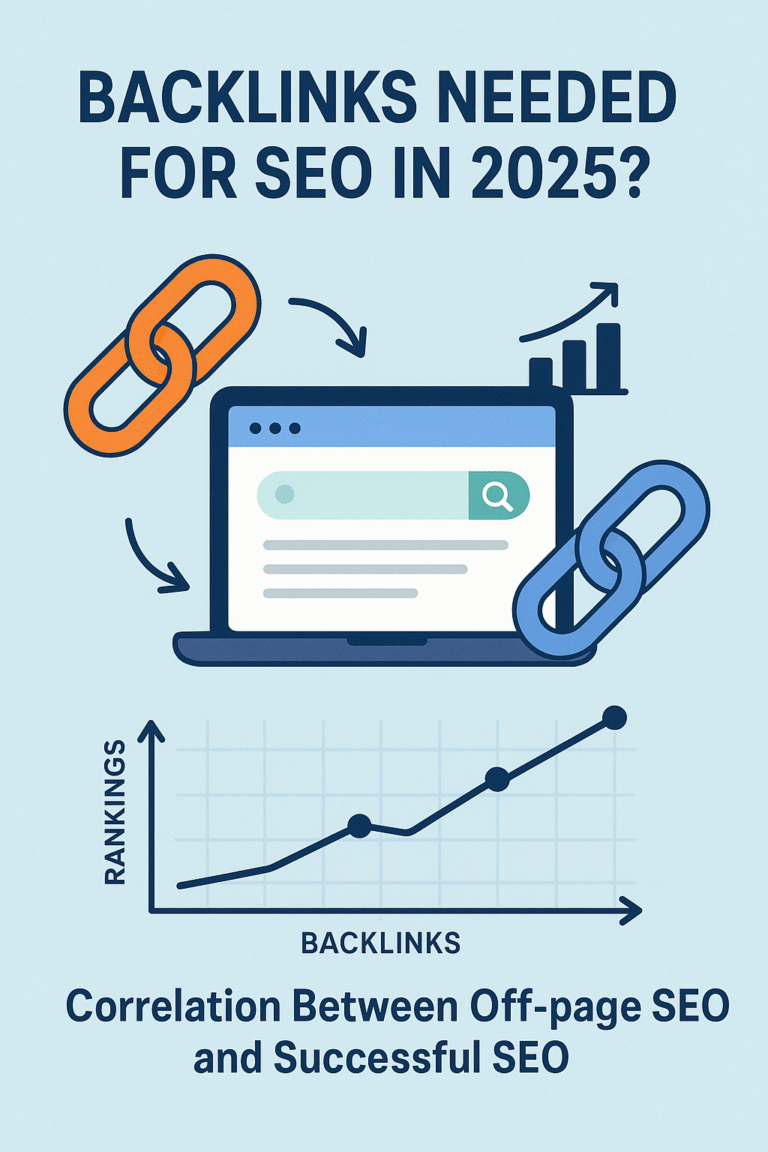
Off-page SEO is everything you do outside your own website to help it rank better on search engines.
When Google first came onto the scene, it stood out from other search engines because it used a system called PageRank. This system looked at how many links a page had, and how trustworthy those links were, to figure out how relevant a page was for certain searches.
I mean it makes sense, every link acts as a vote of confidence, and links from more trust worthy sites led to better rankings and traffic
Because of this, links have always been a strong signal for Google. They help build your site’s authority and trustworthiness, which can lead to higher rankings and more visitors from search.
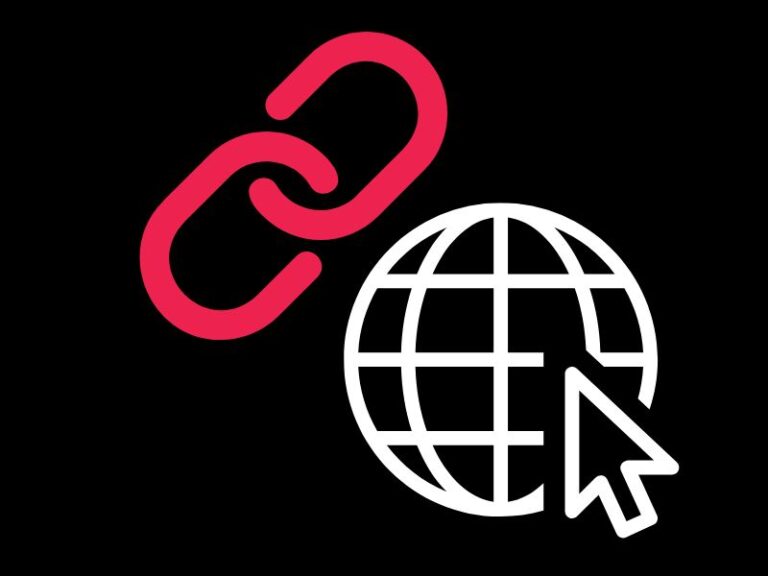
Correlation Between Off-page SEO and successful SEO
There’s no denying that a strong correlation exists between backlinks and website rankings. In other words, sites with more high-quality backlinks tend to rank higher in search engine results.
However, this relationship often leads to a common question: Does having more backlinks cause higher rankings, or do higher-ranked sites naturally attract more backlinks? This is the classic “chicken or the egg” dilemma in SEO.
Regardless, the fact that link building is a billion-dollar industry speaks volumes, it wouldn’t be such a massive market if it didn’t work. Quality backlinks remain a critical factor in establishing authority and trustworthiness in the eyes of search engines.
As an SEO specialist who works across 20 different websites at any given time, the results from off-page emphasised strategies speaks volumes, and I have seen very strong isolated results where no on-page or technical changes have been made, purely links.
The below graph also clearly illustrates this impact:
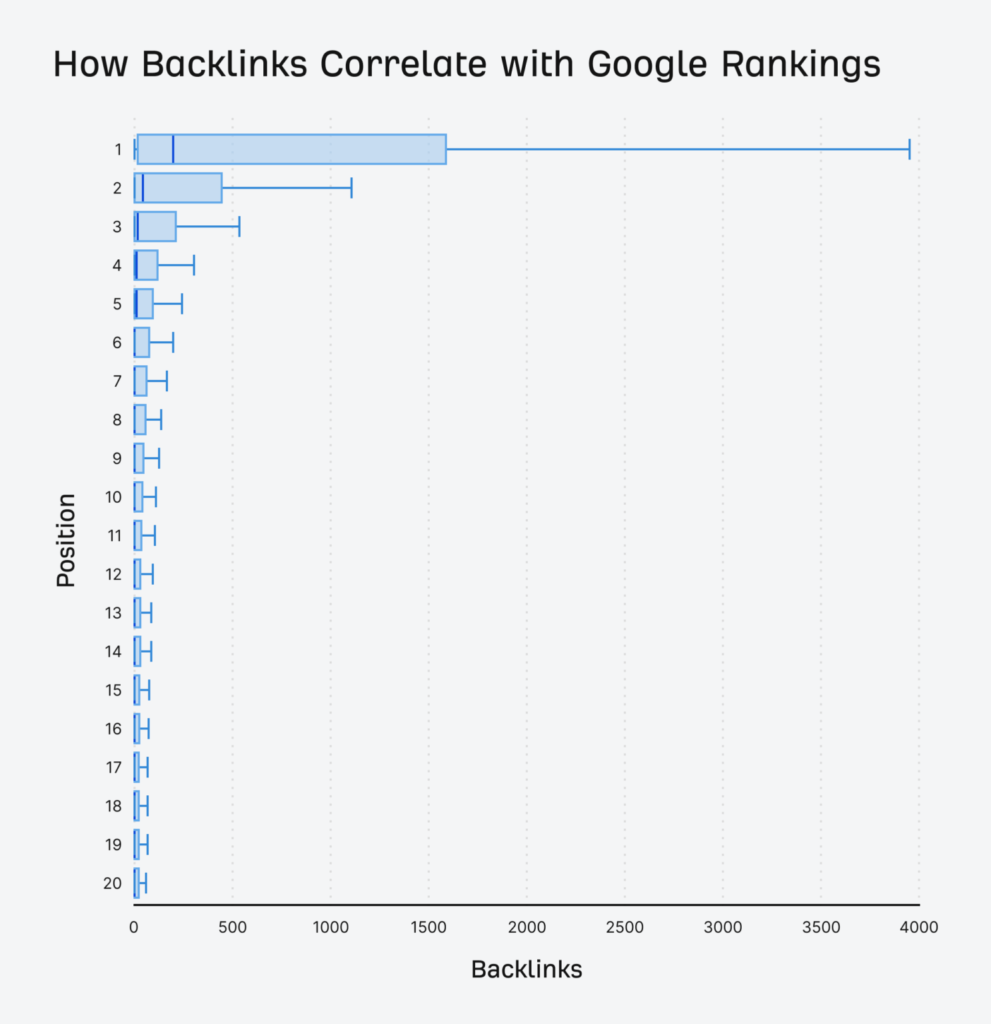
Links matter less, but still matter – by Ahrefs
How Many Backlinks Are Needed?
The honest answer: it depends. There’s no universal “magic number” of backlinks that guarantees rankings, because every industry, keyword, and competitor landscape is different.
A common way to estimate your needs is by analyzing your competitors’ “authority” using third-party tools like Ahrefs or Semrush. These tools can help reveal how strong your competitors’ backlink profiles are, giving you a clearer picture of the gap between their sites and yours.
Once you understand that gap, your SEO Sydney specialist or agency can recommend how much off-page SEO (link building) should play a role in your overall SEO strategy,
When off-page SEO isn’t needed
There are times when off-page SEO isn’t a major priority. This is often the case for large enterprise websites that already have strong authority and a healthy backlink profile. In these situations, technical SEO and on-page optimisation are usually the bigger levers for improving rankings.
This is where having an experienced, unbiased SEO consultant matters, they can create a tailored strategy based on the specific gaps and needs of your website, rather than applying a one-size-fits-all approach.
When Off-Page SEO Works Best
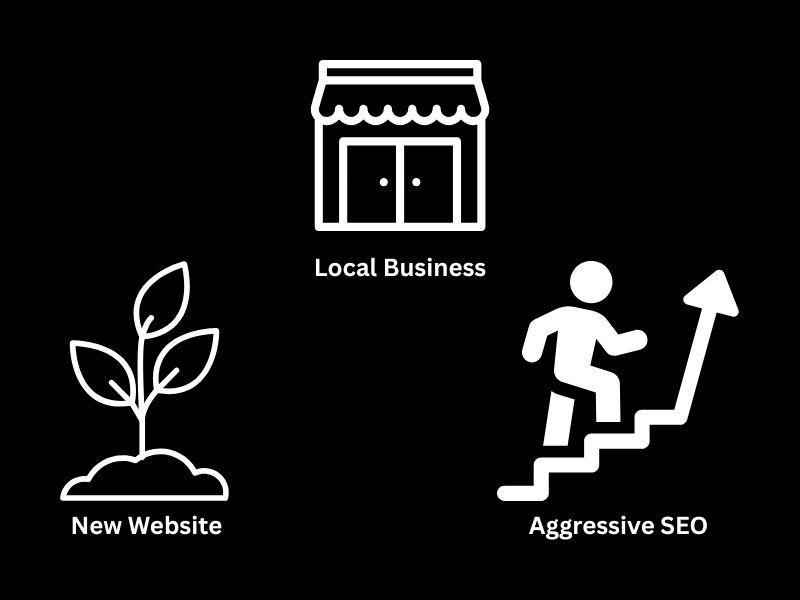
Local Businesses
Local businesses often have less natural authority, making off-page SEO a powerful way to compete. Building quality local and industry-relevant links can significantly improve rankings, especially in local search results. Directory links, in particular, can support both lead generation and local SEO by ensuring a consistent NAP (Name, Address, Phone number) across the web, which also strengthens your Google Business Profile performance.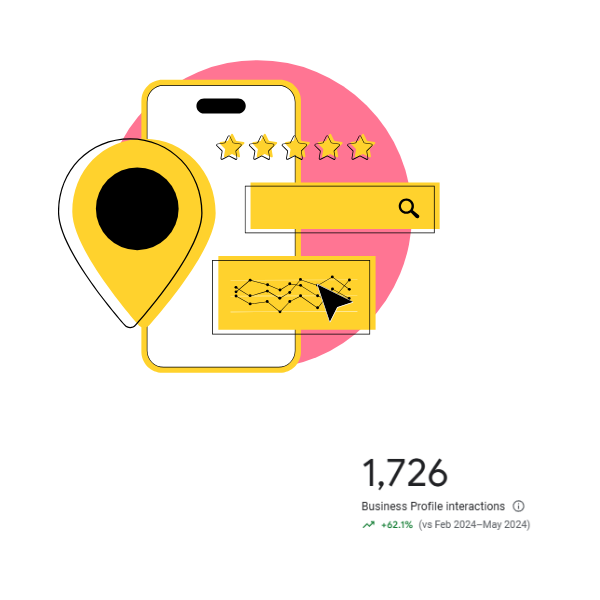
New Websites
Fresh websites will have zero authority and no link history. Link building should play a major role in your strategy, and SEO’s resource allocation. Unfortunately this usually means a larger SEO cost to catch up to your competitors with backlinks.
Aggressive Traffic Goals
If you operate in a competitive market or have ambitious SEO goals (as most businesses do) link building should be a core part of your strategy. It’s essential for scaling, improving indexation, and boosting overall visibility
Most Important Things to Look Out for in Links
When evaluating backlinks, it’s not just about the volume or number. A variety of other factors play an important role in the success of your SEO. The wrong links can do more harm than good. In fact, investing in spammy backlinks is one of the most dangerous mistakes in SEO. Not only can they fail to deliver results, but they can also undermine all the other optimisation work you’ve done.
Are they Indexed
A link isn’t worth much if Google can’t see it. Before counting a backlink as a “win,” make sure the page it’s on is actually indexed in Google. If it’s not in the index, it won’t pass any real value to your site. Common links that won’t get indexed are private blog networks (PBNs) and most web 2.0 links. These types of links will not have the same weighting as other links
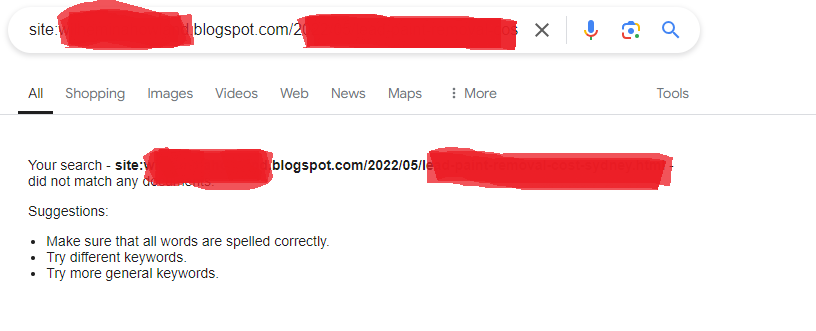
Does the Linking Page Have Traffic (and Sustained Traffic)?
A backlink from a page that actually receives consistent visitors is much more valuable than one from a page with little or no traffic. Sustained traffic over time shows that the page is trusted and relevant, which means the link passing from that page carries more authority and SEO benefit.
Although this isn’t always necessary, the quality of the traffic will be a much more important factor then the quantity.
Is it Relevant
Discuss how important metrics are the niche relevance and diversification of links. Another thing for relevancy is the diversification of the text for the link, often called the anchor text. It is important to have diversified anchor texts with most SEO’s agreeing that about 50% of your link texts should be brand, and no more than 10% should be keywords.
Common Questions
Some agencies avoid link building because it’s time-consuming, can be risky if done poorly, and results take time to show. Another reason will be because they have systems, hiring and processes built around content.
A high-quality SEO agency, however, should offer a full range of SEO services—including link building, and provide tailored strategies based on data and the specific needs of your website.
It depends. Backlinks usually take several weeks to a few months before their full impact shows in search rankings. Anecdotally, in 2025, many SEO professionals have noticed that it’s taking longer than usual to see the benefits from new backlinks. This could be due to evolving search engine algorithms and increased competition.
Simply because they don’t work. . Links offered at such low prices often come from low-quality or spammy sources like link farms, private blog networks (PBNs), or automated tools. These links rarely provide any real SEO benefit and can even harm your site’s reputation with search engines.
70+ DR or DA means nothing. More often than not, service providers that sell these types of links utilise PBNs where they manipulate metrics in these third party tools, instead of focusing on SEO. Google doesn’t care about, or use DR or DA as a metric, although these can be a good indicator they are from perfect.
About the author

Aidan Coleman
Aidan Coleman is an SEO specialist who started out in digital marketing before honing in on search. Realising the complexity and the misinformation in the industry, he began freelancing and building his own site to prove what good SEO really looks like. Today, he helps businesses grow with clear, honest, and effective SEO strategies.